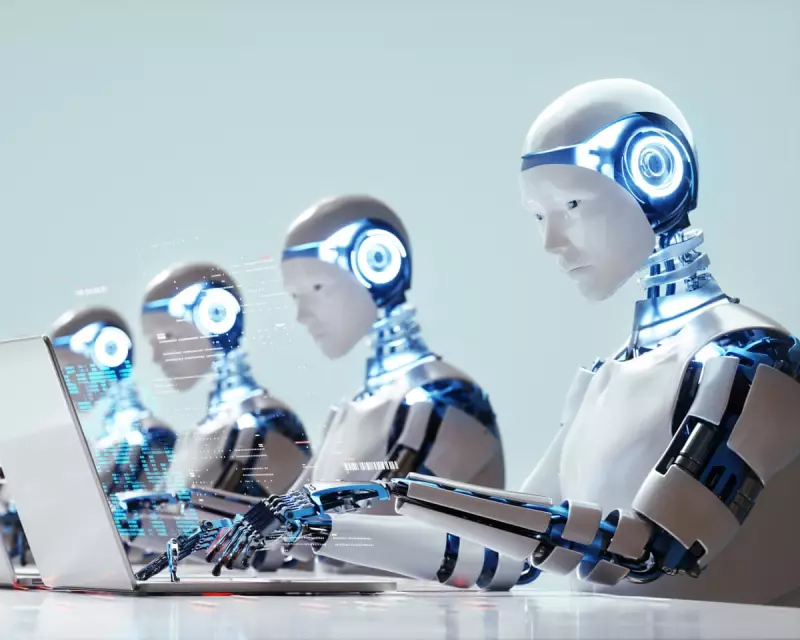
A profound and growing sense of public unease is sweeping across Britain, directed squarely at the rapid ascent of artificial intelligence. According to a compelling piece in The Guardian, the British populace is not embracing tools like ChatGPT with open arms but is instead viewing them with deep-seated suspicion and outright hostility.
This isn't a simple fear of machines taking over manual tasks. The anxiety cuts much deeper. People are expressing a fundamental dread that AI will irrevocably degrade the quality of work, strip away job satisfaction, and erase the very human connections that make professional life meaningful. The technology, they feel, is being imposed from above by a distant tech elite, with little regard for its impact on the average person's livelihood and well-being.
The Human Cost of Algorithmic Efficiency
The core of the resentment stems from a perception that AI prioritises cold, hard efficiency over human value. The article suggests that many Brits see ChatGPT not as a tool for empowerment but as an instrument of dehumanisation, capable of producing vast quantities of content that lacks soul, empathy, and genuine creativity.
This sentiment is fuelling a significant societal rift. On one side stand the proponents of AI—the developers, corporations, and governments racing to integrate it into every facet of life. On the other is a large portion of the public who feel they have the most to lose and the least say in the matter.
A Nation Braced for Impact
The implications for the UK's economy and social fabric are immense. The widespread distrust could lead to:
- Resistance to adoption: Workers may reject AI tools, hindering productivity gains.
- Political pressure: Calls for stricter regulation and ethical oversight of AI development will likely intensify.
- Economic polarisation: A new divide may emerge between those who profit from AI and those whose skills are rendered obsolete.
The article posits that this is more than a technological shift; it is a cultural and psychological moment. The UK, and indeed the world, stands at a crossroads. The path forward requires not just technological innovation but a serious, inclusive conversation about the future we want to build—one that places human dignity at the heart of progress.





